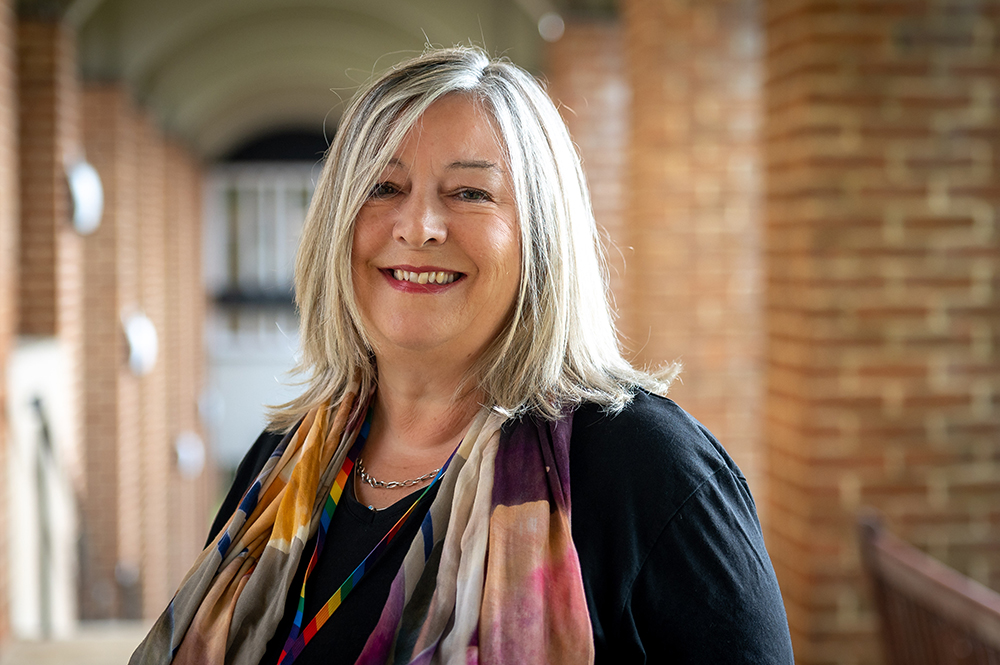2020 statistics show that men are less likely to seek help or therapy and are far more likely to suffer in silence or commit suicide. Three out of four suicides are male (75%) and for men under 35 it’s the biggest cause of death [ONS].
Toxic masculinity, the idea that men should “just deal with” their pain, and social pressure can prevent men from feeling safe and comfortable enough to start therapy. Over the years men have been conditioned to view emotions as a weakness or an indication of femininity. And, because symptoms can express themselves differently in men—such as feeling angry as a symptom of depression—sometimes it can be difficult for men to understand what they are feeling and how to cope without help.
At times it’s easy to forget how the weight of masculine bravado and of a culture that prides aggressive and emotionless behaviour can affect men. There are so many phrases that perpetuate the strong silent male stereotype.
“Man up”; “Big boys don’t cry”; “You’re too sensitive”; “Boys will be boys”; “Stop acting like a girl”; “Be a man”; “Real men don’t wear pink”;
It’s always been the stereotype that talking about feelings is a feminine thing, and men are supposed to ‘fix things’ themselves, but actually feelings don’t care about your gender; we all experience them, it’s how we deal with them.
We need to change these expectations for men to be strong and silent.
Feelings are just telling us something we need to listen to, not suppress. Learning to relate to them and ourselves differently, being curious about what they’re telling us, and establishing healthier ways of thinking about them, us, and our place in the world is not weakness. It can help us learn where we got our ideas of masculinity and ourselves from and decide if we want to keep or change them.
Men are taught they should be heroes but maybe the most heroic thing they can do is to find out more about themselves by using counselling as a space for self-reflection and identifying some of the areas in life where they may need support.. Therapy doesn’t mean you have a problem and you’ve failed; it can be tools and a safe space to work out how to feel healthier.
For immediate help with suicidal thoughts:
In an emergency, call: 999
NHS (England), call: 111
The Samaritans 24-hour helpline, call: 116 123




